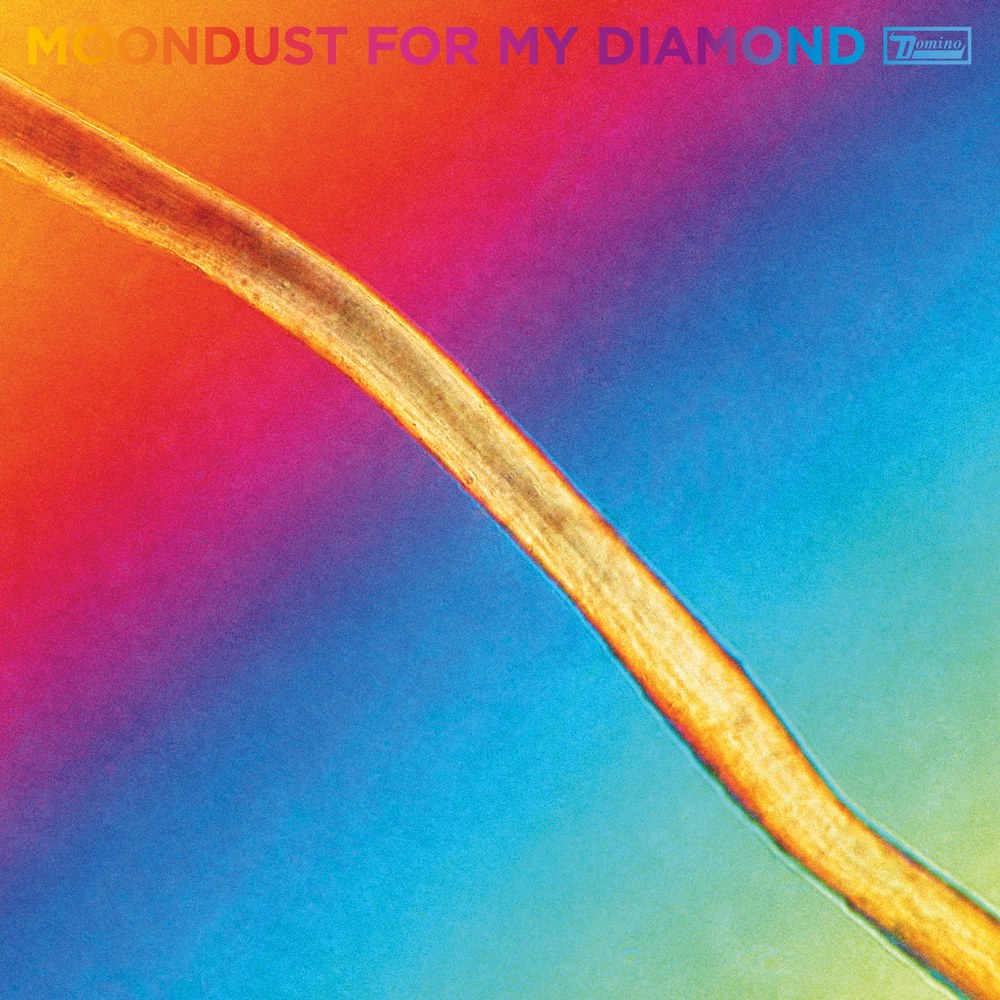When Hayden Thorpe’s band Wild Beasts announced their dissolution a few years ago, it was met with a bit of conflicted feelings. On the one hand, this was one of the better baroque/art pop bands of the current era, having released a handful of very strong, weird, sexy albums; on the other hand, they had just released their weakest by far, 2016’s Boy King. Where their earlier records were marked with a nervy energy, a sly sense of humor, a sultry oddness, Boy King felt undercooked, resting on the band’s old tricks, watered down by half. What once felt novel and neat, now felt a bit tired.
The shrug of a farewell, though, does not undermine what made the band so good in the first place, and a good chunk of that had to do with lead singer Thorpe. His voice was always one of Wild Beasts’ sharpest tools, warbling with thick, dramatic vibrato, and capable of projecting moving pathos just as easily as hungry sensuality and bombastic theatricality.
On his first solo album after the band’s breakup, 2019’s Diviner, Thorpe gave us a set of surprisingly lowkey, midpaced songs, largely led by his delicate, pretty piano playing and subtle electronics and percussion. In all honesty, it didn’t sound terribly different from his old gig; some of the sonics and melodies would have been right at home on albums like Present Tense, with their round softness and luxe dressings.
Now, with his second album, Moondust for My Diamond, Thorpe mostly ditches the piano-led ballads of Diviner for more synths, electronics, and softly-strummed guitars. And while it’s a nice departure from that record — it is his first solo effort that doesn’t really sound like a Wild Beasts album — Moondust still suffers from a bit of a momentum issue. Similar to Boy King, some of the lyrics and ideas here feel a bit undercooked and, surprisingly for a singer as full of gusto as Thorpe, a bit undersold.
From the beginning, with “Material World”, we get some clunky spoken word in the choruses and then a chorus that barely blossoms. The progression is too subtle, despite a rather lovely verse vocal. Lead single “The Universe is Always Right” has a sunny, featherlight melody aided by spacey keys and acoustic guitar, but it, too, doesn’t have enough in terms of variation or power to push past its pleasant placidity.
It takes until fifth track, “Golden Ratio”, for Thorpe to provide a glimpse of something more visceral, more entrancing. About halfway through, a very soft percussive hit beats in, and the song takes off. It’s still pretty lightweight, but once the gorgeous, lonely horn kicks in about two thirds through and the rubbery bass and plinking keys continue percolating, the song becomes one of Thorpe’s best solo efforts. It’s velvety, spacious, and lush; it’s everything that one wishes most of the album was.
It’s not all for naught, though. “Metafeeling” has a sexy groove to it, not unlike something the now-disgraced Milosh would have done in his prime. “Rational Heartache” has an almost 90s vibe to it; there’s something about its spiky electronics and blink-and-you’ll-miss-it fade-in that has a sort of a Garbage quality. And closer “Runaway World” has a nice, dawn-kissed glow to it, like something off Bat for Lashes’ 80s-indebted Lost Girls.
Frankly, the whole album is never anything but pleasant, but sometimes that’s all it is. It’s beautifully produced, and performed with grace, but, for an artist that has proven himself capable of so much more, it can be frustrating to hear Thorpe singing so many relatively low key melodies over so many pillowy, staid instrumentals. It’s nice to hear Thorpe stretch out beyond what he made his name with in Wild Beasts, and the album does offer some nice expansions on themes and compositional ideas from his debut. But, all in all, too much of Moondust for My Diamond gets lost in its own glittery haze.

